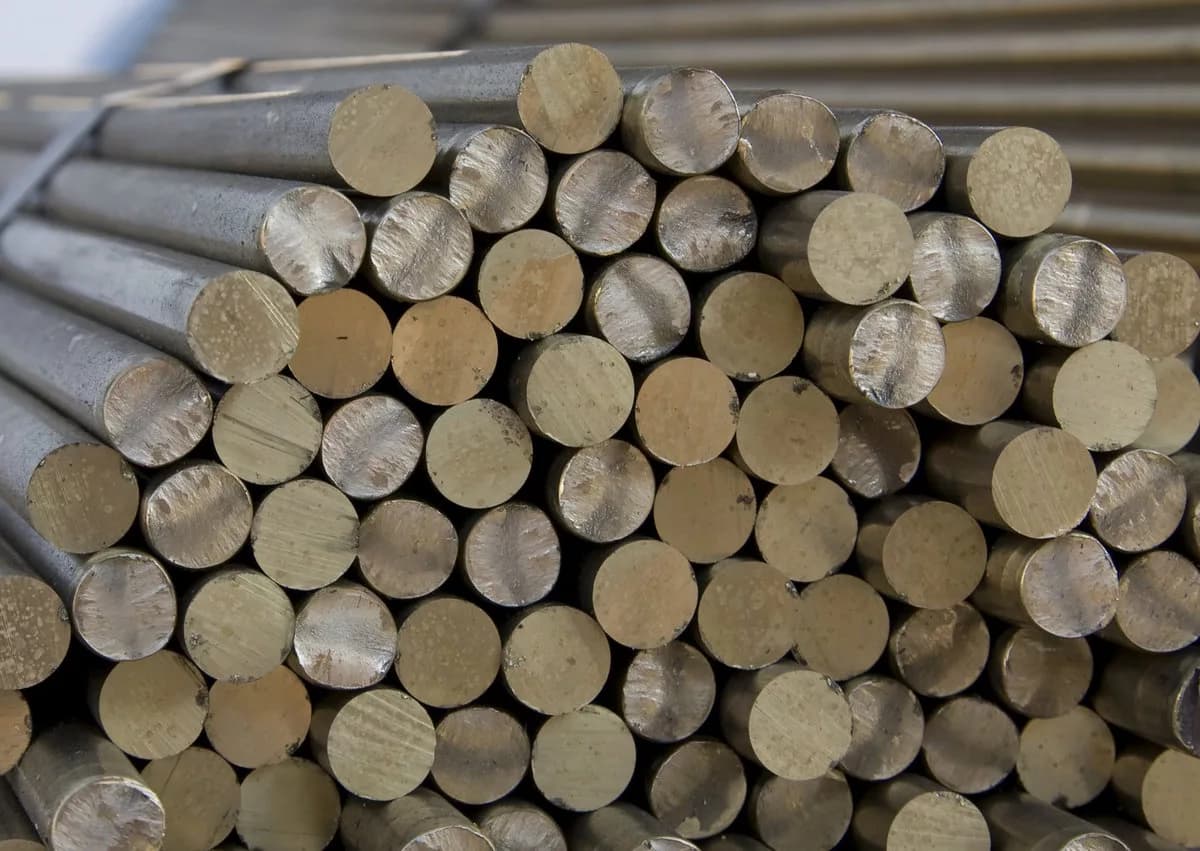
X210Cr12 Steel: Technical Guide, Properties, and Global Supply
X210Cr12 steel serves as a cornerstone material in the tool and die industry, renowned for its exceptional hardness and wear resistance. Classified as a ledeburitic, high-carbon, high-chromium cold work tool steel, it is designed to withstand extreme abrasive conditions where other steels might fail. Engineers and metallurgists frequently refer to this grade by its European standard designation DIN X210Cr12, its material number EN 1.2080, or its widely recognized American equivalent, AISI D3 tool steel.
Industries rely on steel x210cr12 when the primary failure mode of a tool is abrasive wear. Its microstructure contains a high volume of hard chromium carbides, which provides a "boulder-like" resistance to sliding wear. This makes it the material of choice for high-performance stamping dies, ceramic molds, and crushers.
While you navigate the complex landscape of material selection, it is helpful to understand where this alloy fits. Although X210Cr12 is a tool steel and not part of the common types of ss steel (stainless steel), it is often compared with stainless and tool steels in material selection due to its 12% chromium content. However, unlike standard stainless grades designed for corrosion resistance, the chromium here is tied up in carbides to support hardness, offering only moderate corrosion protection.
At Nifty Alloys LLC, we understand that selecting the right steel grade determines the longevity of your tooling. This guide provides a deep technical analysis of X210Cr12, ensuring you have the engineering data necessary for informed procurement.
What Is X210Cr12 Steel?
X210Cr12 steel is a high-carbon, high-chromium cold work tool steel recognized for its outstanding hardness, wear resistance, and dimensional stability. Commonly designated as DIN X210Cr12 in German standards and EN 1.2080 in European nomenclature, it is widely known as the D3 equivalent in the American AISI system. Its microstructure is formulated for demanding industrial applications where abrasion and compressive stresses are frequent challenges. Although it contains approximately 12% chromium, X210Cr12 is not classified as a stainless steel. Instead, its chromium content provides extensive carbide formation, directly contributing to the alloy’s exceptional wear resistance and performance in tooling environments.
X210Cr12 Applications
X210cr12 steel composition
Comparison Section: X210Cr12 vs. D2 (1.2379)
X210cr12 steel equivalent
Characteristics / Key Features
Machinability & Workability
x210cr12 Steel Heat Treatment
X210Cr12 Steel Mechanical Properties
X210Cr12 Steel Forms Available
Quality Assurance / Certifications

Elevate Your Projects with
with
 Our Superior Steels
Our Superior Steels


Nifty Alloys LLC supplies certified x210cr12 steel worldwide. We offer cut-to-size services, global delivery, full documentation, and export-ready packaging. Contact us today for reliable tool steel sourcing.









